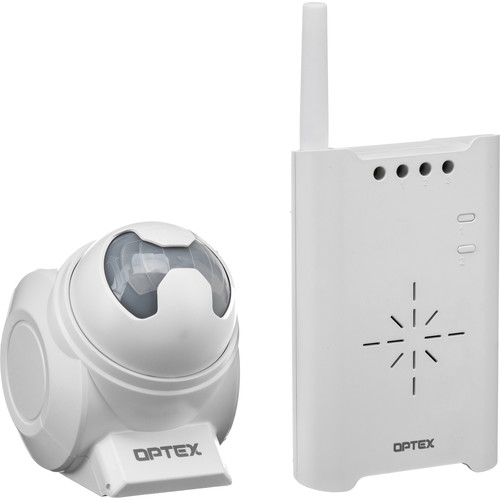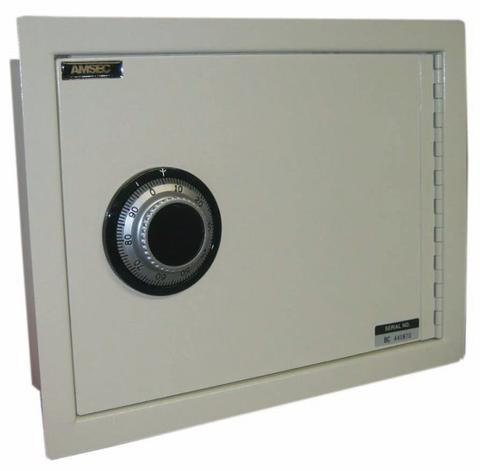More and more states have closed the doors of non-essential businesses over the past several weeks in response to the COVID-19 pandemic. As a result, much of both the local and national work force is working from home. For those who already do some work at home and have home offices, this might not represent a major change. However, for many workers, this represents a new endeavor. Setting up to work at home for the first time comes with unique challenges. This rings even more true for households now inhabited by multiple stay-at-home workers.
While hashing out out workspaces and new schedules, it can be easy to overlook the security concerns that come with bringing work home for the first time. However, addressing these concerns should not escape anyone’s mind. After all, stay-at-home workers may now have more sensitive documents and technology in their homes than ever before. If this description fits you, keep reading! In this post, we share some of our top remote working security tips. We will begin by helping you set up your office in a way that does not attract the wrong kind of attention from passers-by. From there, we will discuss security equipment that can help you during this time. Finally, we will share some tips for securing your most sensitive work documents and material. Let’s get started with some tips on setting up your new home workspace!

Placing expensive electronics within reach of windows creates a tempting situation for burglars and negatively affects your security.
Set Up Your Office Space Mindfully
Several months back, we created a post sharing 5 Ways to Keep Your Home from Becoming a Target for Burglars. In that post, we discussed how thieves often “window shop” before breaking in to a home. In other words, burglars often case a neighborhood for evidence of valuables before choosing a home to victimize. These thieves will find homes with evidence of ready-to-grab electronics or valuables hard to resist. This rings especially true for items that can be grabbed after breaking a window without ever entering a home. Therefore, we recommend keeping evidence of any electronics brought home from work out of plain sight.
You may find setting up a temporary home office in the living room convenient. However, we recommend setting up for work in a room not visible from the street. Doing so can keep passers-by from seeing you using laptops, tablets, or other work-related technology and making a note of it for a future burglary attempt. Now that we’ve looked at setting up your home working space, let’s take a look at some security equipment that can help you add remote working security.
Install Equipment to Monitor Activity Around Your Home
As we’ve seen, carefully setting up a home office space can somewhat lessen your security risk when working from home. However, we still recommend taking additional steps in case someone does try to commit a crime. We’ll start with some simple equipment that homeowners can use to track driveway activity. For those working at home for a short time, this type of equipment may suffice. From there, we’ll look at a more permanent solution to monitoring the exterior of any home. Let’s begin with a simple security measure that can go a long way towards improving remote working security!
Driveway Activity Notification

Motion detector annunciator systems, such as this model by Optex, can detect motion outside your home and create an audible alert.
When people work from home, they often start receiving work-related packages to their home address. These could take the form of parts and products needed to complete jobs that would normally be sent to an office rather than a home address. In some instances, home-bound employees receive packages from their employers containing work to complete or equipment to continue working from home. Either way, nosy neighbors and passers-by with bad intentions often notice this increase in delivery activity. Unfortunately, these folks often notice the presence of a new package even before those in the house notice.
Driveway annunciator systems, such as the one pictured, can help address this issue. These systems utilize a battery-operated motion detector that users often slightly elevate to avoid false alarms due to animals. The detector communicates to a plug-in sounder that alerts residents to driveway activity. This allows work-at-home employees to grab their packages before anyone else gets their hands on them. Now, let’s look at more permanent security offerings to alert those within a home to outdoor activity.
Smart Cameras and Doorbells
Adding security measures to watch the outside of your home can add security for remote workers in a couple ways. For starters, this equipment can help you catch individuals who either approach your home to snoop and come back later or who attempt to commit a crime. Furthermore, visible surveillance equipment can deter crime from happening at all. Burglars scouting out a neighborhood for a target will likely skip a house that has cameras and/or video doorbells on it. While these security measures cost much more than the driveway annunciator systems described above, they also provide a very high level of security.
Smart cameras, such as our preferred model by Alarm.com, can send live video clips to your phone upon detecting motion. Additionally, Alarm.com cameras store these motion-based clips in the cloud for a month. This allows you to reference and save recorded video as needed, on top of the aforementioned ability to monitor your cameras live.
Doorbell cameras take these same security features one step further. In addition to providing access to both live and recorded video, these doorbells allow you to talk to any visitors using your phone. Once someone rings the doorbell, the doorbell’s video feed pops on your phone. At that point, you can activate the doorbell’s microphone and speak with the person at your door. As an added security feature, you can also have live video sent to your phone as soon as the camera detects motion. This allows you to catch the arrival of packages even if the individual dropping them off does not ring the doorbell. It also allows you to catch those snooping around your doorway in the act. Next, let’s look at some suggestions for securing important documents within your home.
Secure Your Work Documents at Home
As we mentioned in the previous section, temporary remote workers may prefer simpler security measures than those who work from home regularly. In this section, we discuss a couple options for securing work documents. While both provide an effective measure of security, our first idea is more budget-friendly and “reactionary,” while the next security measure provides more robust, long-term security.

Wall safes, such as this model by AmSec, can help you both secure and hide your valuables.
As a basic option for security system customers, we recommend adding contact sensors to rooms or drawers that now hold sensitive work documents. These sensors can create an instant notification if someone approaches these areas. Furthermore, they can do so even when your alarm system is disarmed. This can help secure critical work information from both thieves and wandering family members. For more information on this concept, check out our post detailing 5 Unconventional Uses for Contact Sensors.
For a permanent solution to help you secure important and possibly sensitive documents, many homeowners install a safe. If you regularly work from home, this idea may suit you well! We sell and install safes that can secure valuables against fire, burglary, or a combination of the two. These range from half-ton safes that can fit an enormous amount of items to wall safes that hide your documents and small valuables and place them behind lock and key, like the one pictured here. Feel free to read our 10 Best Practices for Safes to help you choose and use your safe wisely!
Creating a Complete Remote Working Security Plan
We hope that this post will help you improve your own remote working security. Perhaps you have found yourself one of the many forced to undertake this task for the first time. Or maybe you have always spent some time working from home and wish to take some permanent security measures. Either way, we encourage you to contact us with any security-related questions you may have. We provide free consultations that we can perform in person or over the phone for both new and existing customers. Together, we can create a security plan that keeps those working from home as safe and secure as possible!
